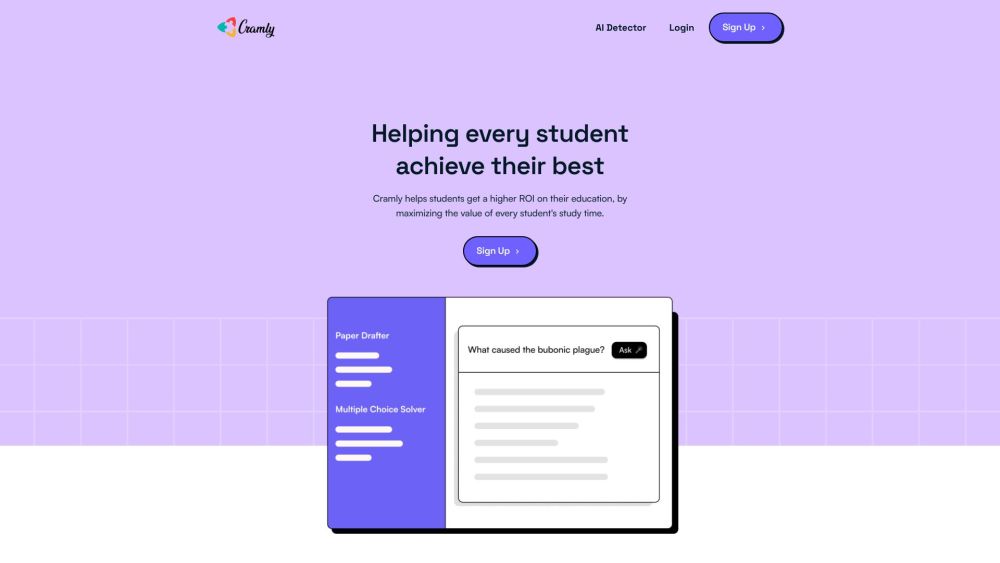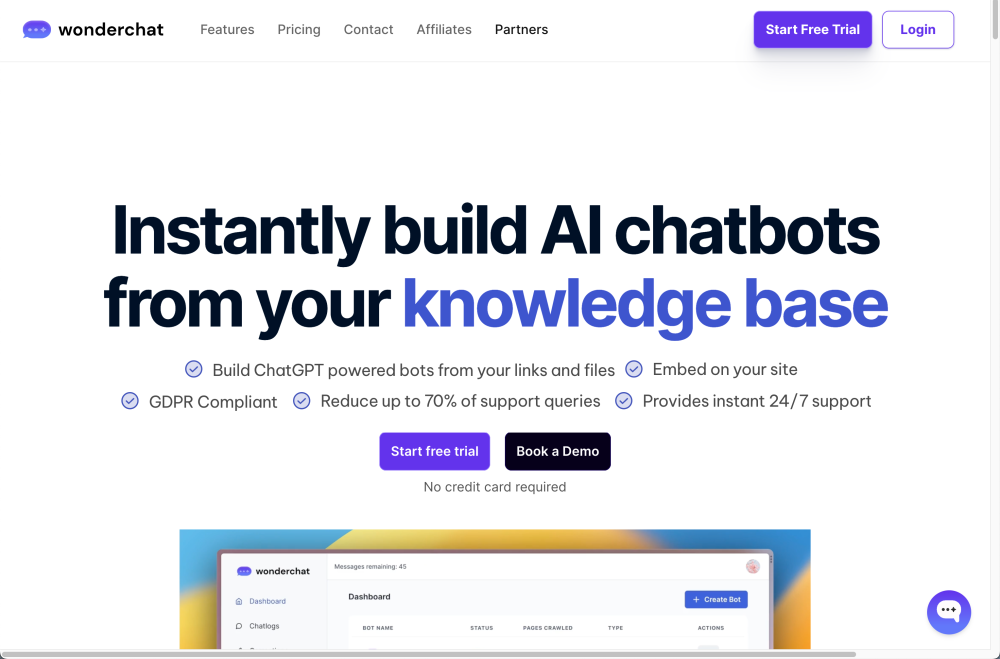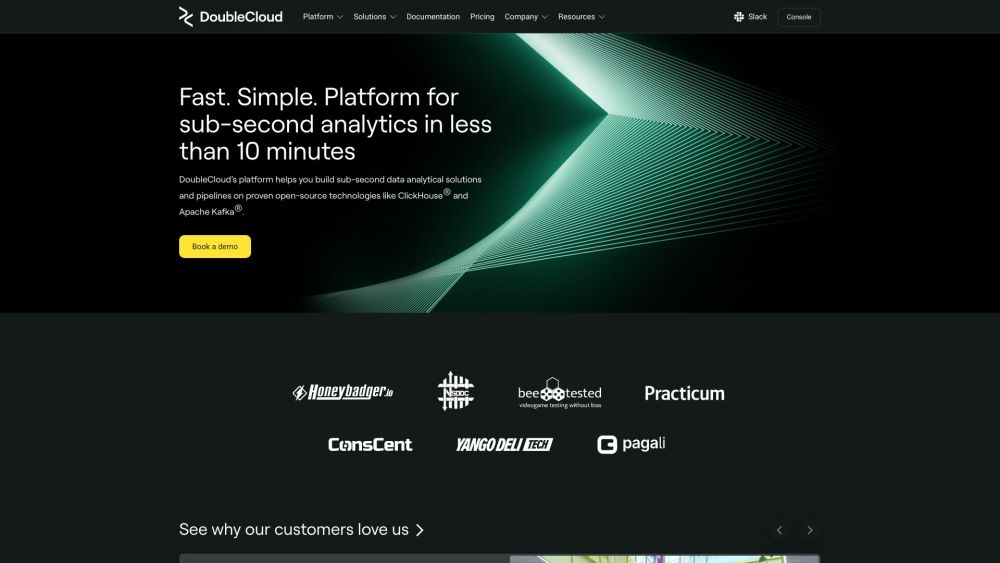Sam Altman has officially resumed his role as CEO of OpenAI following a tumultuous period. Alongside this change, OpenAI boasts a newly appointed board of directors, which replaces the majority of those who sought to remove him in the days leading up to Thanksgiving.
In an internal letter distributed at OpenAI and later published on the OpenAI blog, Altman announced that Mira Murati, who had briefly served as interim CEO under the previous board, will return to her original position as Chief Technology Officer. He also confirmed that the newly formed board will include Bret Taylor, former co-CEO of Salesforce; Quora CEO Adam D’Angelo, who was part of the previous board; and economist Larry Summers.
Microsoft will gain a presence on the board as a non-voting observer, given its significant investment in OpenAI—holding a 49% stake in the for-profit entity controlled by the nonprofit board. The identity of this observer has yet to be disclosed, but it is clear they will not participate in voting on board matters.
“I’ve never been more excited about the future,” Altman expressed. “I’m deeply grateful for everyone’s hard work during such an unpredictable time, and I believe our resilience and spirit distinguish us in the industry.”
In his letter, Altman outlined OpenAI’s future priorities, emphasizing the importance of advancing its research agenda and further enhancing AI safety initiatives. He pledged that the new board would focus on incorporating a variety of perspectives and making unspecified improvements to OpenAI’s governance, alongside overseeing an independent review of the recent events.
“It’s crucial for people to experience the benefits and potential of AI, and to have a say in shaping it,” Altman stated. “We firmly believe that exceptional products are the best way to achieve this. I’ll collaborate with [OpenAI leadership] to affirm our steadfast commitment to users, customers, partners, and governments worldwide.”
The upheaval at OpenAI began when the previous board—comprising Altman, Chief Scientist Ilya Sutskever, President Greg Brockman, entrepreneur Tasha McCauley, D’Angelo, and Helen Toner from Georgetown’s Center for Security and Emerging Technologies—unexpectedly fired Altman without prior notification to the majority of OpenAI's workforce of 770. This action angered Microsoft and other investors, jeopardizing a rumored stock sale and prompting most OpenAI employees, including Sutskever, to threaten resignation unless Altman was reinstated.
Reportedly, the friction stemmed from disagreements over OpenAI’s direction between the board and Altman. Publicly, the board criticized Altman for a lack of transparency; privately, Altman expressed frustrations about Toner’s critical paper on OpenAI's safety practices and rushed launches of AI features at OpenAI's inaugural developer conference, DevDay.
In a post on X (formerly Twitter), Altman addressed claims that D’Angelo had a conflict of interest leading to Altman’s ousting. He clarified that D’Angelo had been transparent about potential conflicts and had taken steps to avoid them. Some perceive Quora’s Poe service as competition to OpenAI's offerings.
“We anticipate that if OpenAI achieves the success we envision, it will influence numerous sectors and create complex relationships with various entities, potentially leading to several conflicts of interest,” Altman noted in his post. “We plan to address these challenges with full transparency, entrusting the board with decisions on managing these situations.”




